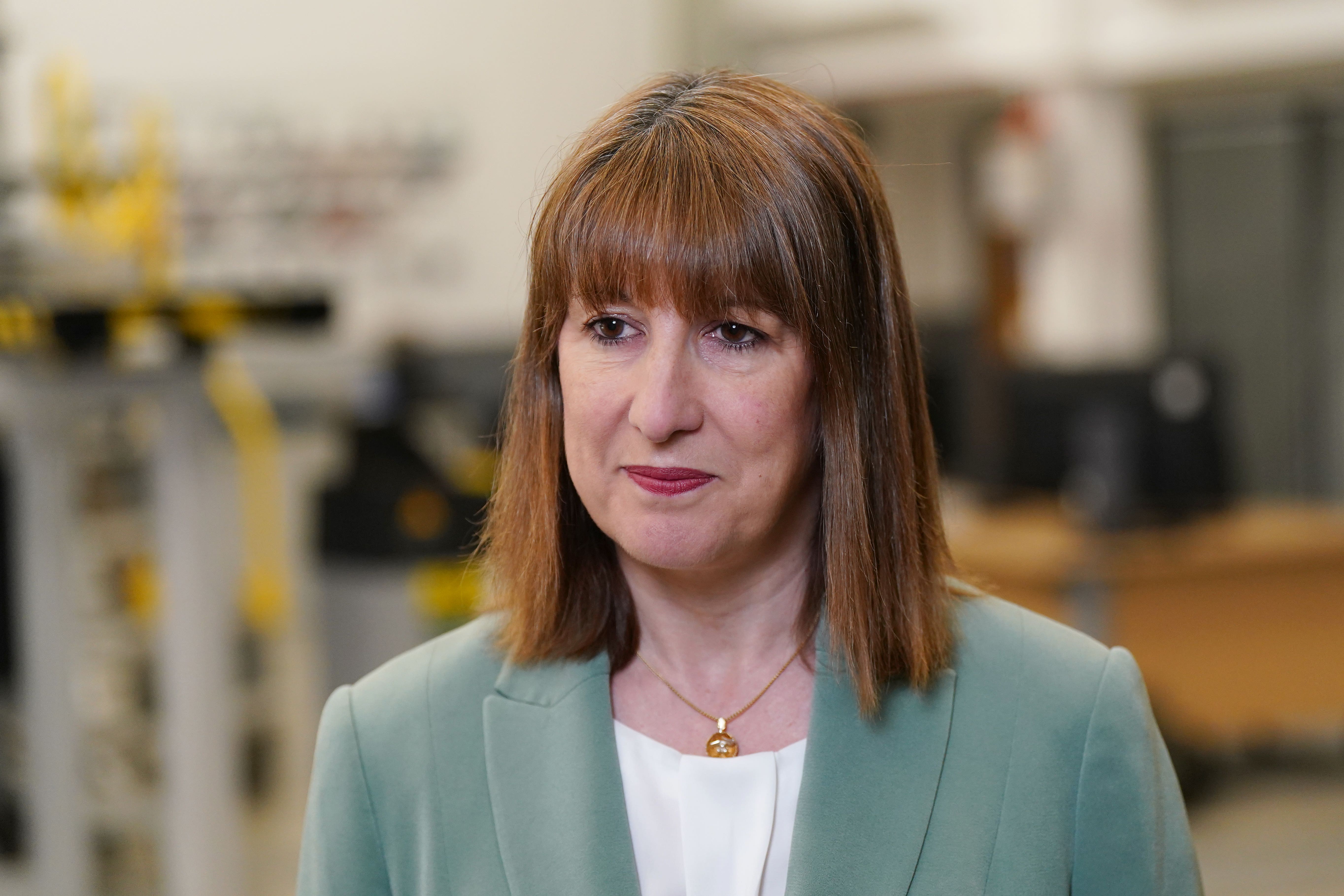The Treasury is reportedly considering tightening the rules around inheritance tax as part of an attempt to plug a £50bn black hole in the public finances.
Officials are thought to be looking at scrapping the ‘seven year rule’ - which means that no tax is due on any gifts you give if you live for 7 years after giving them - to help address the UK’s multi-billion-pound fiscal shortfall left by Labour U-turns, higher borrowing and sluggish economic growth.
It comes amid growing pressure on Rachel Reeves to find innovative solutions to plug a gaping hole in the public purse - with mounting calls for either a wealth tax or an increase in income tax.

Inheritance tax, sometimes dubbed a ‘death tax’, is paid when a person's estate is worth more than £325,000 when they die and is seen by many as a form of wealth tax in all but name.
Among the reported measures under consideration is a potential lifetime cap on gifts, sources told The Guardian, a move that would come as part of a broader review into how assets can be transferred before death to minimise inheritance tax liabilities.
Under current UK rules, gifts made more than seven years before a person’s death are exempt from inheritance tax.
Money given less than three years before is taxed at the full inheritance tax rate of 40 per cent, while gifts given between seven and three years has a “taper relief” tax, which is between eight and 32 per cent.
While it is understood that no decisions have yet been taken, the Treasury is thought to be considering a lifetime cap to limit the amount of money an individual can donate outside of inheritance tax, as well as reviewing rules around the taper rate.
Inheritance tax brought in a record £6.7bn in 2022-2023.
Although there have been growing calls for the introduction of some kind of wealth tax, there is a risk that expanding inheritance tax could spark backlash as it comes less than a year after the controversial decision to apply inheritance tax to cover agricultural properties - a move which triggered widespread public anger.
The latest reports come just days after the National Institute of Economic and Social Research (Niesr) piled pressure on the chancellor to come up with innovative solutions ahead of her budget in the autumn, predicting that Ms Reeves is now set for a £41.2 billion shortfall on her “stability rule” in 2029-2030.
In order to restore the £9.9bn buffer the government has maintained since last year’s Budget, the chancellor must therefore raise a total of £51.1bn.
After a swathe of spending cuts squeezing departmental budgets at the last spending review, tax rises are the more likely option - despite the chancellor’s promise not to come back for more major rises after she unveiled a £40bn package of increases in her first budget last year.
Last month, ex-shadow chancellor Anneliese Dodds urged the government to consider a wealth tax, pointing to work undertaken by the Commission on Wealth Tax.
“They looked at the operation of lots of different wealth tax. They looked at all of that evidence and set out how it would be possible to deliver something like that in a UK context”, she told Sky.
“I would hope that the Treasury is considering that kind of evidence as well as other changes that have been put forward.
“We’ve seen the deputy leader of the Labour Party, for example, put forward suggestions. I think it's important for all of those to be considered now.”
It comes after a memo leaked earlier this year showed Angela Rayner suggesting eight wealth taxes on the super-rich and corporations in a move supporters described as the “progressive alternative”.
A Treasury spokesperson said: “As set out in the plan for change, the best way to strengthen public finances is by growing the economy – which is our focus. Changes to tax and spend policy are not the only ways of doing this, as seen with our planning reforms, which are expected to grow the economy by £6.8bn and cut borrowing by £3.4bn.
“We are committed to keeping taxes for working people as low as possible, which is why at last autumn’s budget we protected working people’s payslips and kept our promise not to raise the basic, higher or additional rates of income tax, employee national insurance or VAT.”
Inheritance tax changes under consideration amid spending gap concerns – reports
Starmer to co-chair Ukraine meeting after call with Trump and European leaders
50,000 migrants have crossed Channel on small boats since Labour took power
What is causing the UK jobs gloom and how will voters respond?
JD Vance to host Robert Jenrick at his UK holiday home - but not Badenoch
Biggest revelations from Nicola Sturgeon’s memoir – from JK Rowling to bullying







